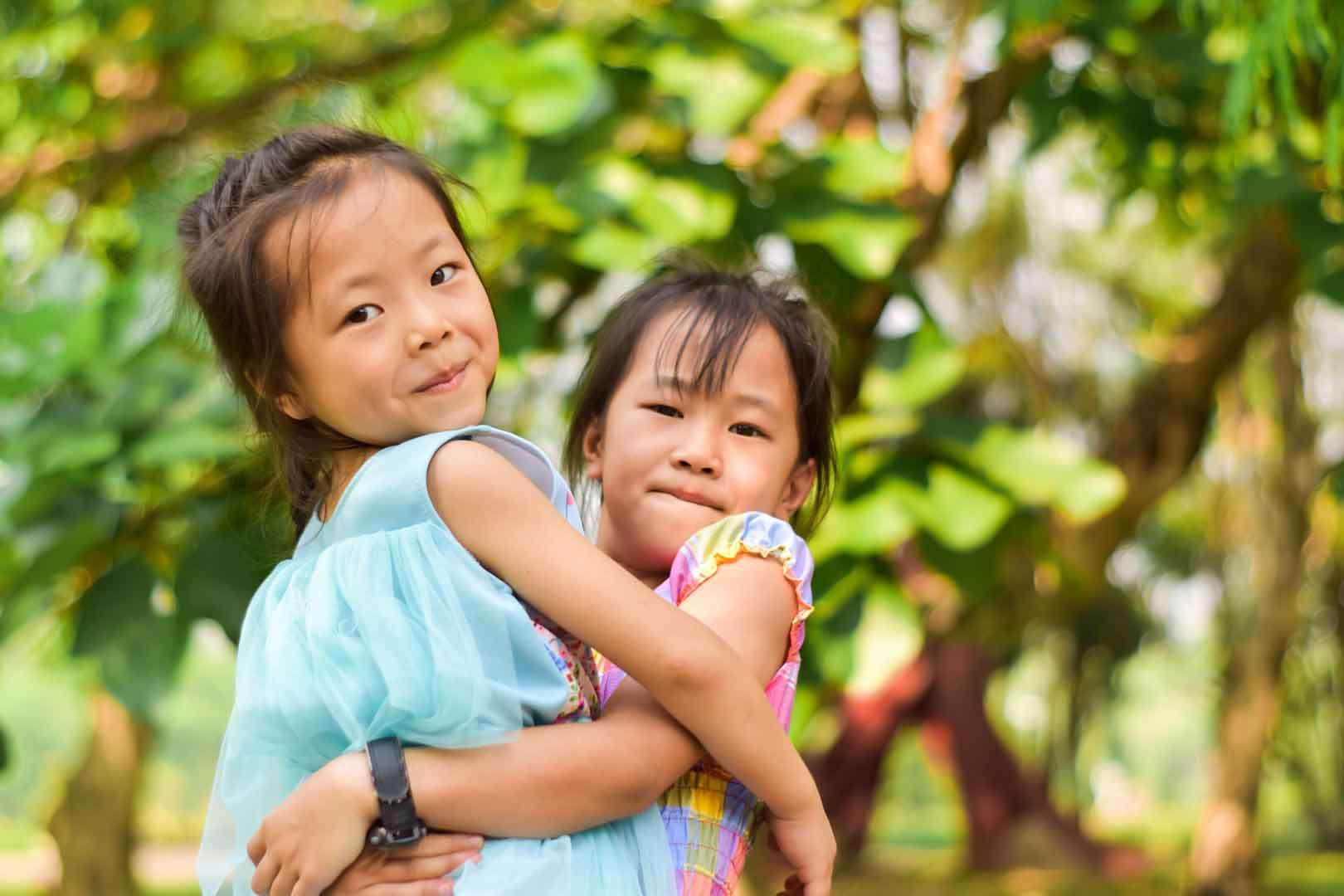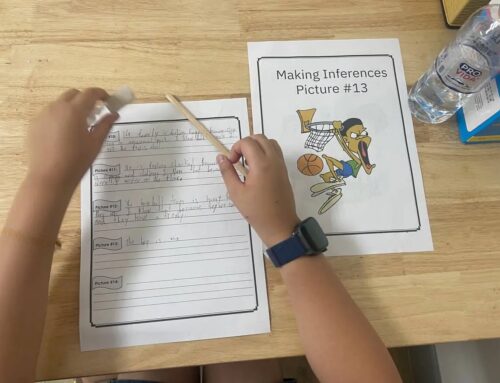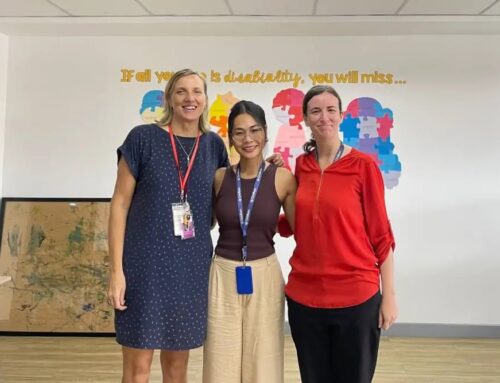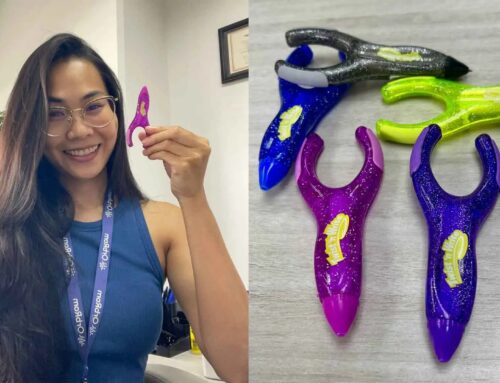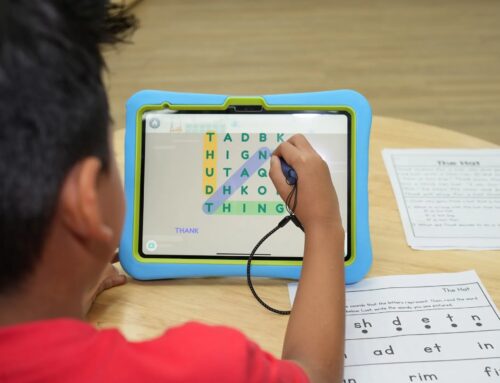[ad_1]
For many children with special needs, learning extends far beyond academics—it includes the vital development of social communication, emotional regulation, and peer relationships. Positive interaction with classmates fosters inclusion, self-esteem, and motivation to learn. In Phnom Penh, where inclusive education is steadily growing, the role of structured peer interaction is becoming central to effective special needs programs.
At OrbRom Center, we recognize that learning how to relate, communicate, and collaborate with peers is just as important as reading and math. That’s why our programs intentionally integrate social skill-building opportunities into daily routines and therapy sessions.
Social Communication: A Common Challenge for Many Learners
Children with autism spectrum disorder (ASD), ADHD, language delays, or sensory processing challenges often struggle with:
-
Initiating conversations
-
Taking turns in group activities
-
Understanding non-verbal cues like facial expressions or tone of voice
-
Managing emotions during peer conflict
-
Feeling anxious in social situations
When these challenges go unaddressed, children may withdraw, feel isolated, or become frustrated. Over time, this can affect academic progress and emotional well-being.
That’s why structured peer interaction is a cornerstone of development—it provides real-time opportunities to practice skills in a safe, supportive environment.
OrbRom Center’s Approach to Social Skills Development
At OrbRom Center in Phnom Penh, we create inclusive learning environments where peer connection is not just encouraged—it’s designed into every part of the day. Our strategies include:
-
Small group sessions that focus on cooperative games, turn-taking, and teamwork
-
Peer modeling, where children with stronger social skills model behaviors for others in natural contexts
-
Role-playing exercises that help children practice common social scenarios
-
Video modeling and social stories that prepare children for real-world interactions
-
Positive reinforcement when children successfully use a social skill
Our educators and therapists guide these interactions intentionally, ensuring each child gets the right balance of support and independence.
The Role of Virtual Interaction in a Digital World
In today’s global and increasingly digital society, learning to engage online is just as important as face-to-face communication. Whether it’s virtual classes, therapy sessions, or video chats with peers, online interaction teaches:
-
Turn-taking during conversations
-
Appropriate facial expressions and tone
-
How to read social cues via video
-
Digital etiquette and respectful communication
OrbRom Center helps children in Phnom Penh build these 21st-century skills through supervised online learning and virtual peer sessions.
Supportive Tools to Encourage Peer Engagement
At home, parents can foster social development by creating interactive opportunities, both digitally and in person. Some tools from OrbRom Center’s sensory shop that support peer engagement include:
-
Noise Cancelling Headphones: Useful during group activities for children who are sensitive to noise but want to stay present
-
Sleep Sound Machine: Helps children maintain restful sleep routines that improve social performance during the day
-
Sensory Rocking Chair: Offers calming input for children before or after intense peer interaction sessions
These tools help children self-regulate so they can enter peer interactions with greater calm, confidence, and readiness.
From Isolation to Inclusion: Why It Matters in Phnom Penh
In Phnom Penh, families are seeking more inclusive education options that recognize the importance of social-emotional learning. For children with special needs, developing the ability to connect with others builds resilience, joy, and long-term success in life.
At OrbRom Center, our mission is to nurture the whole child—not just academically, but socially and emotionally too. We believe every child deserves the chance to make friends, work as part of a team, and feel seen and heard by their peers.
To learn more about our intensive support services for social-emotional growth, click here.
[ad_2]
Source link
